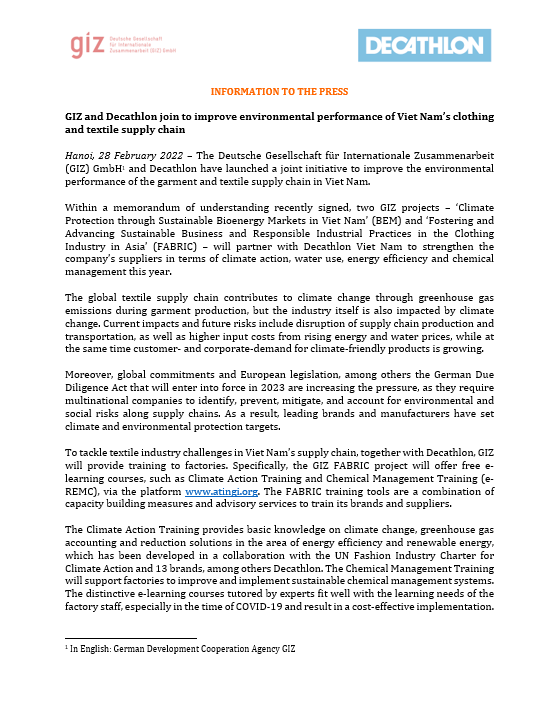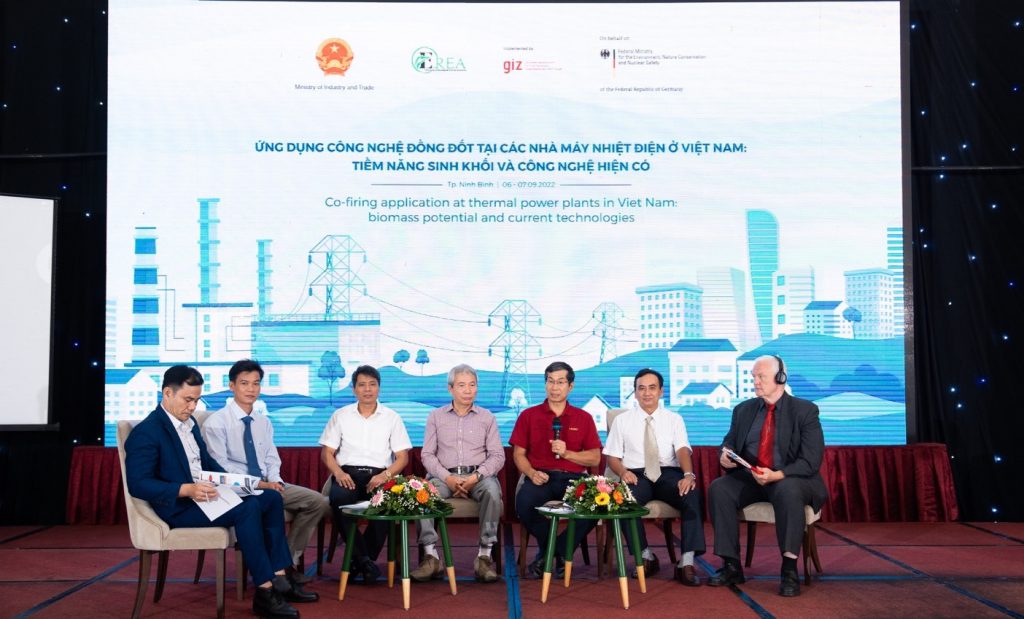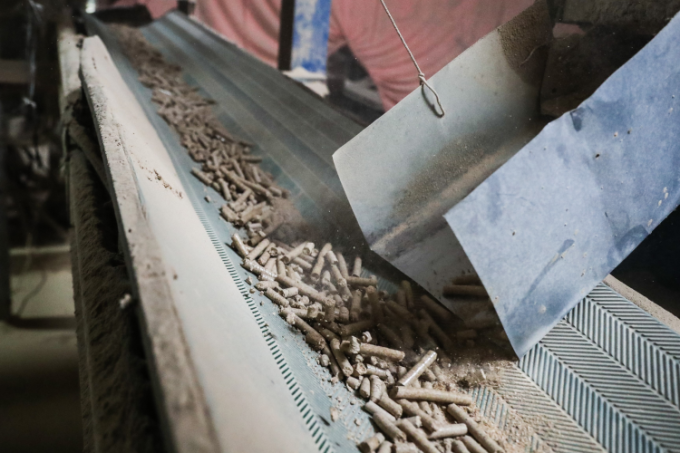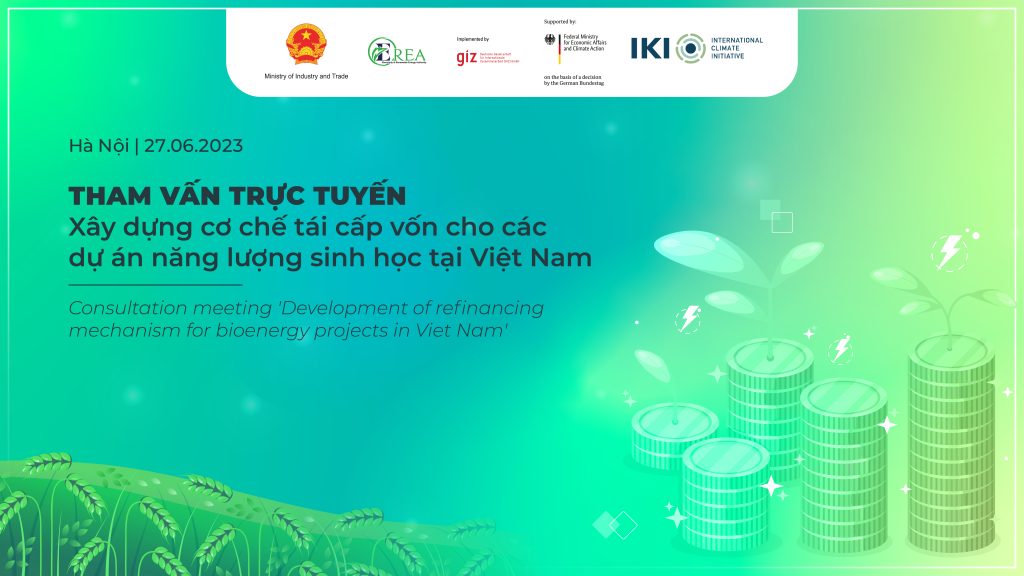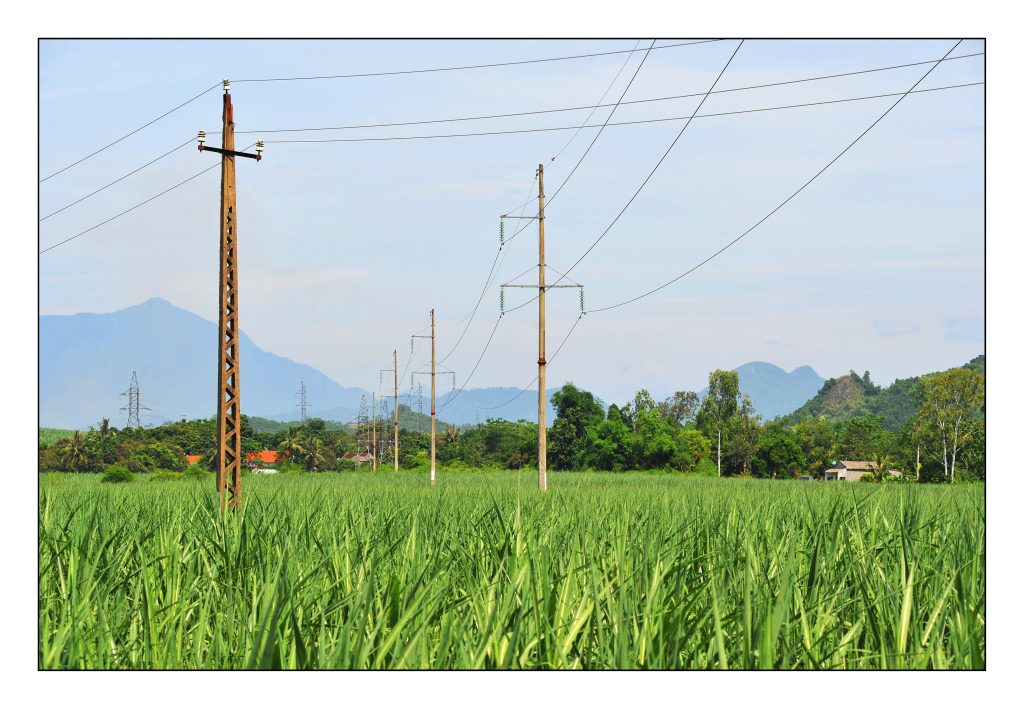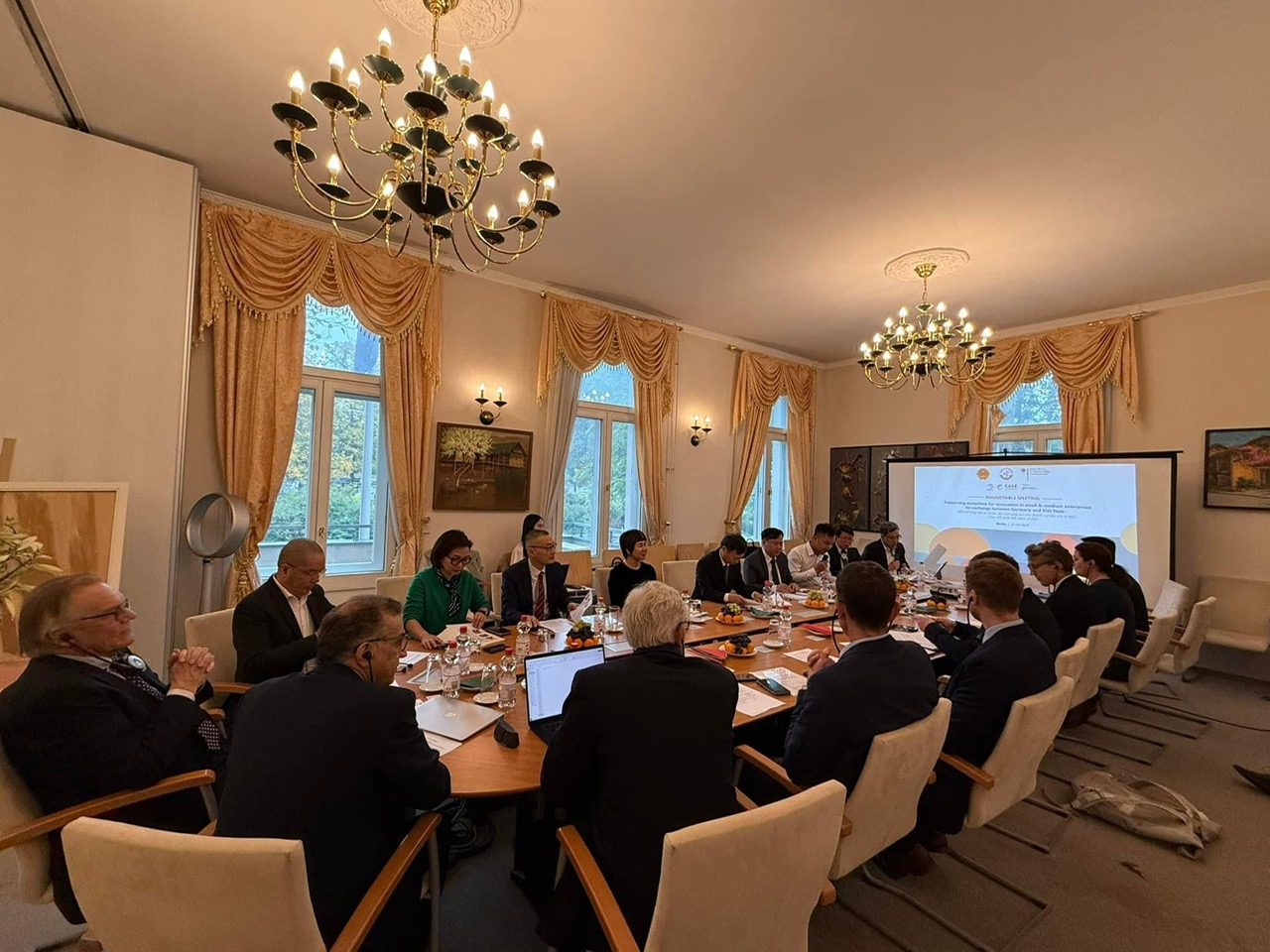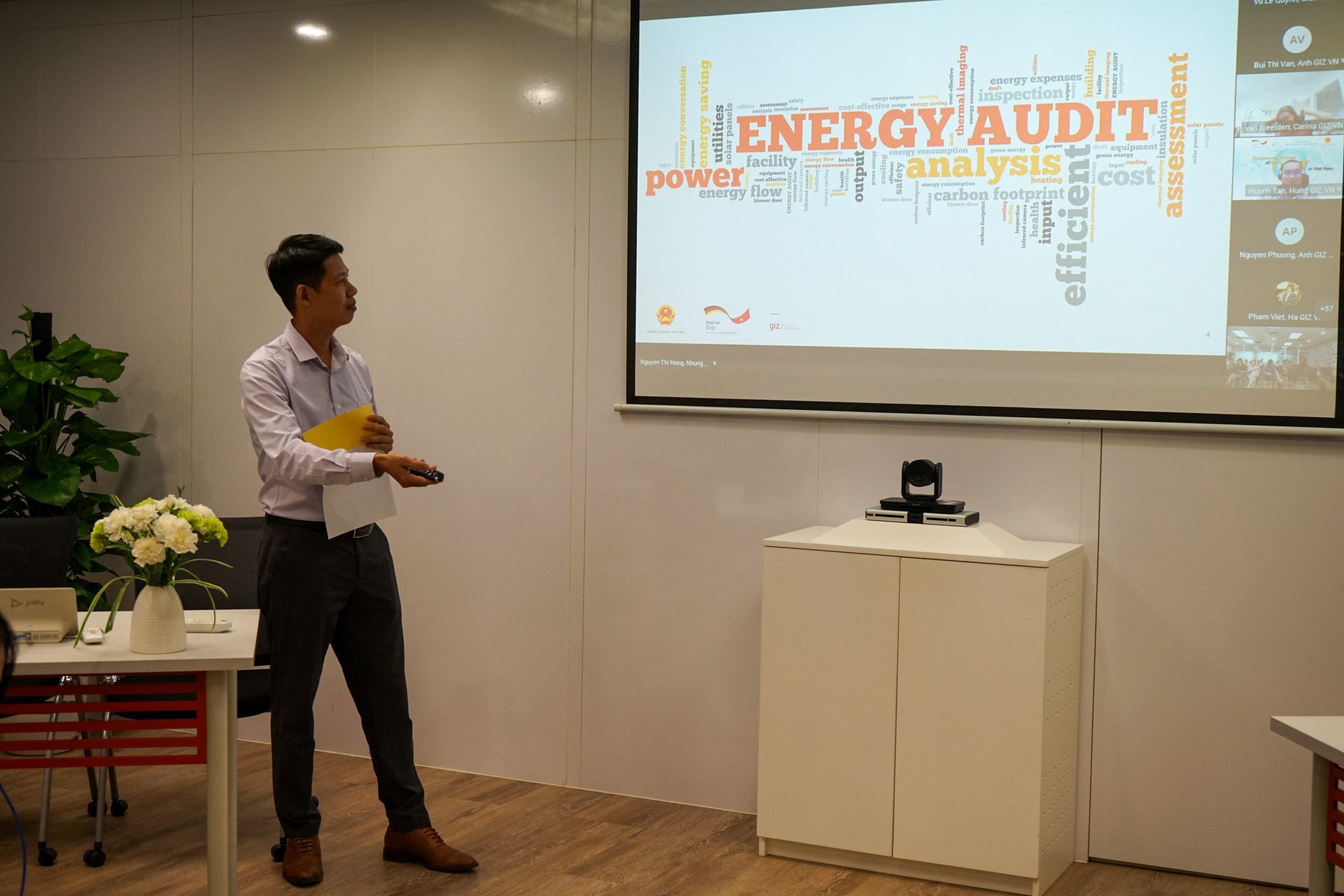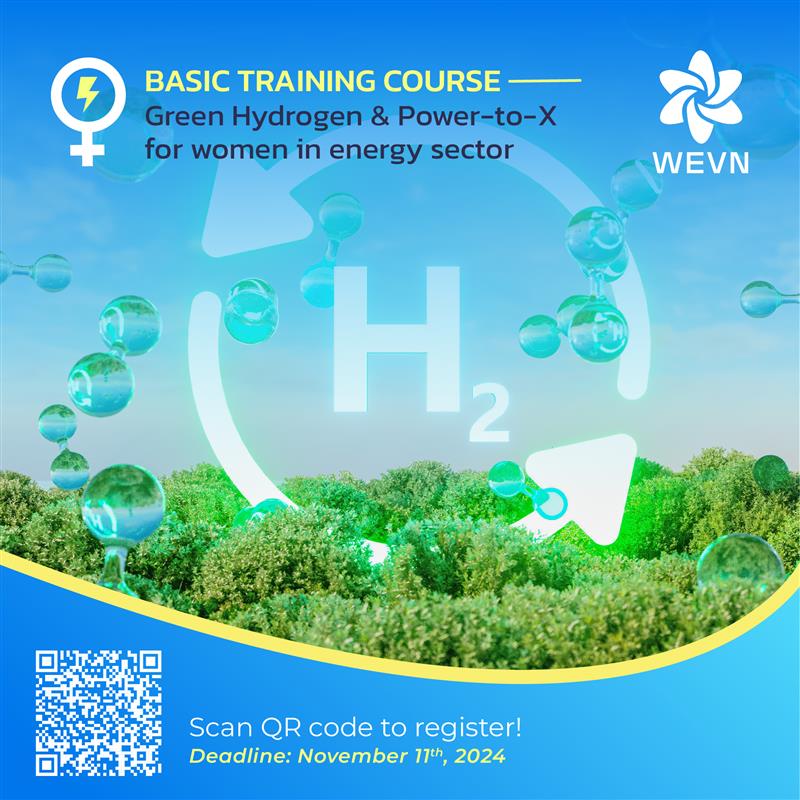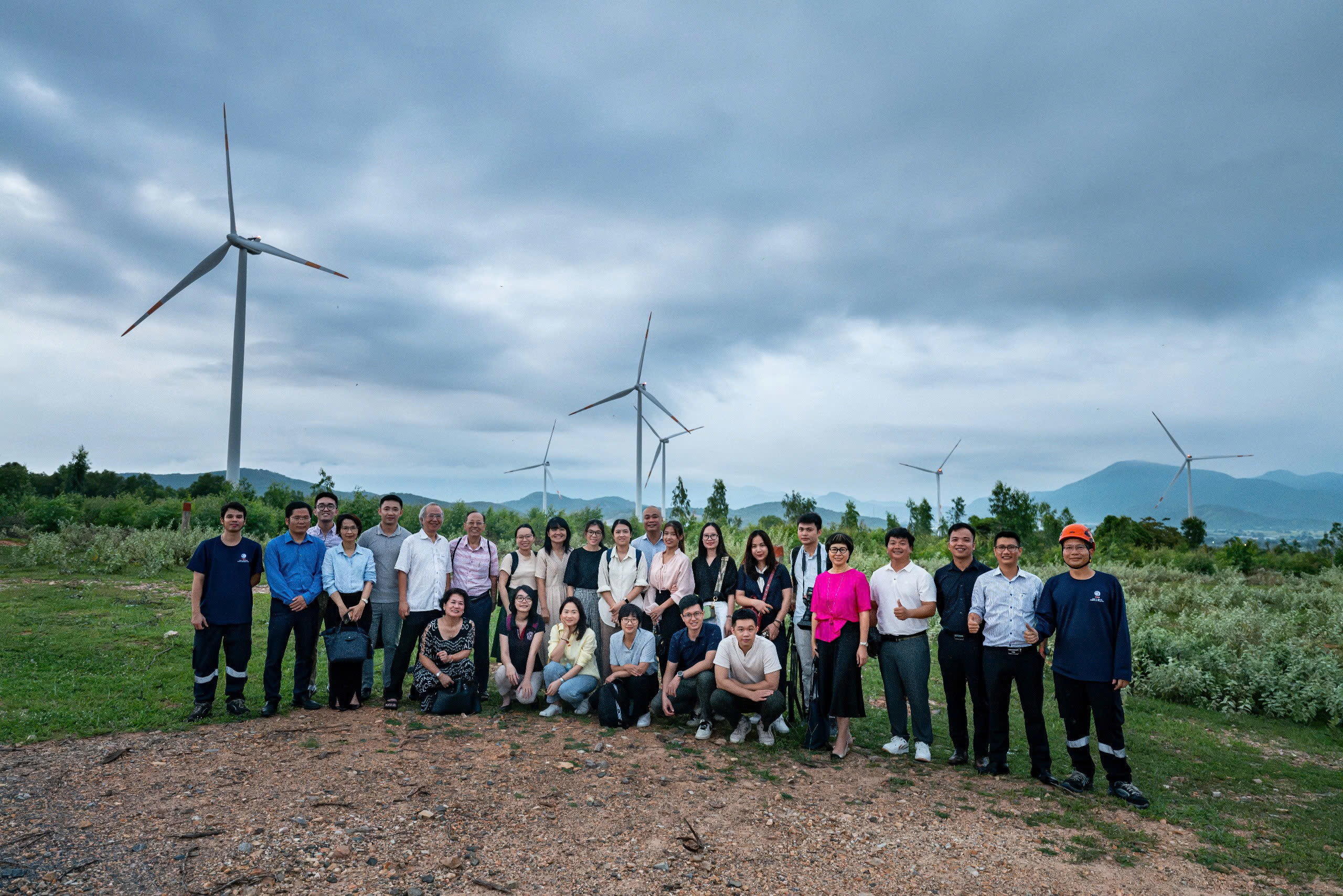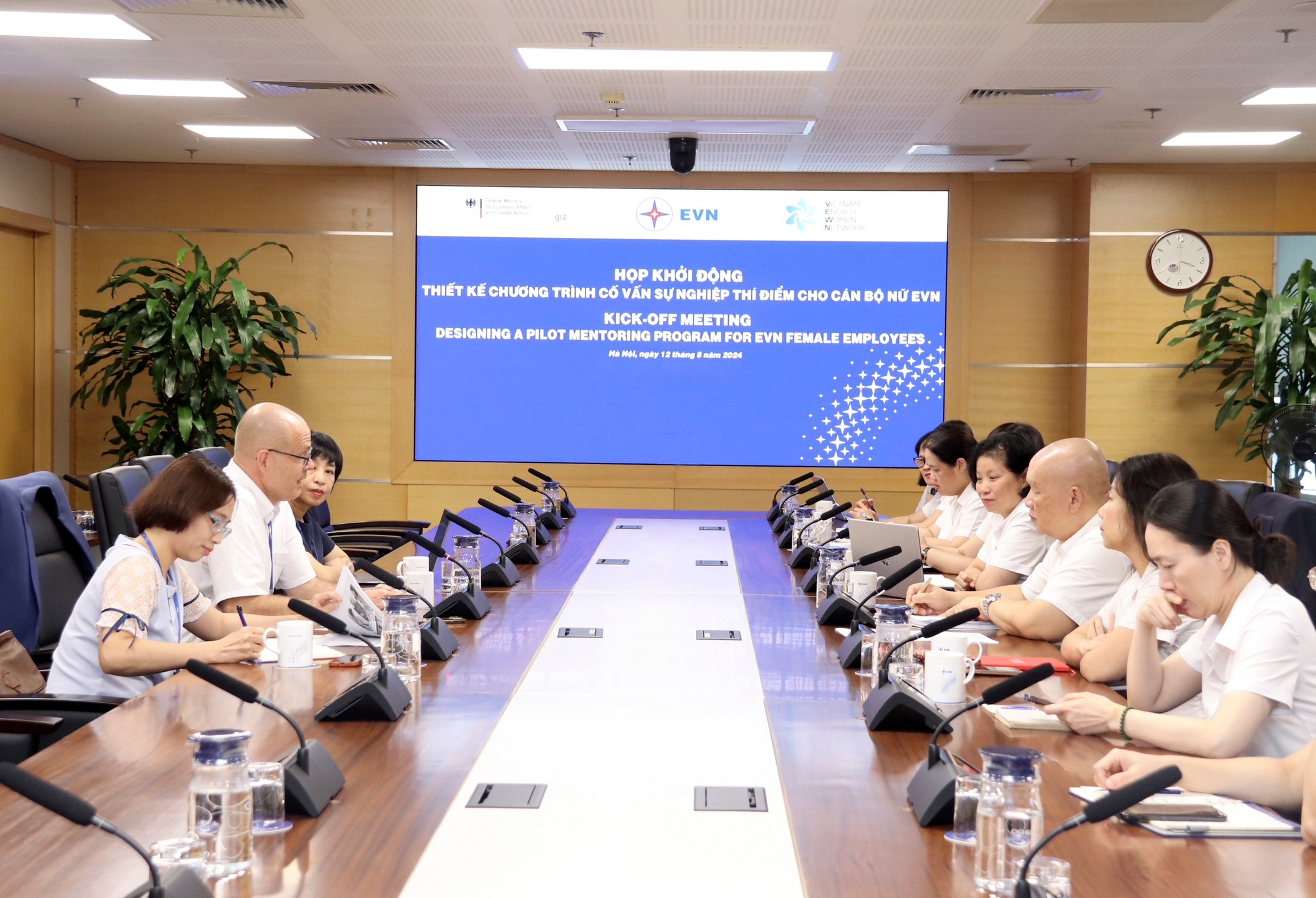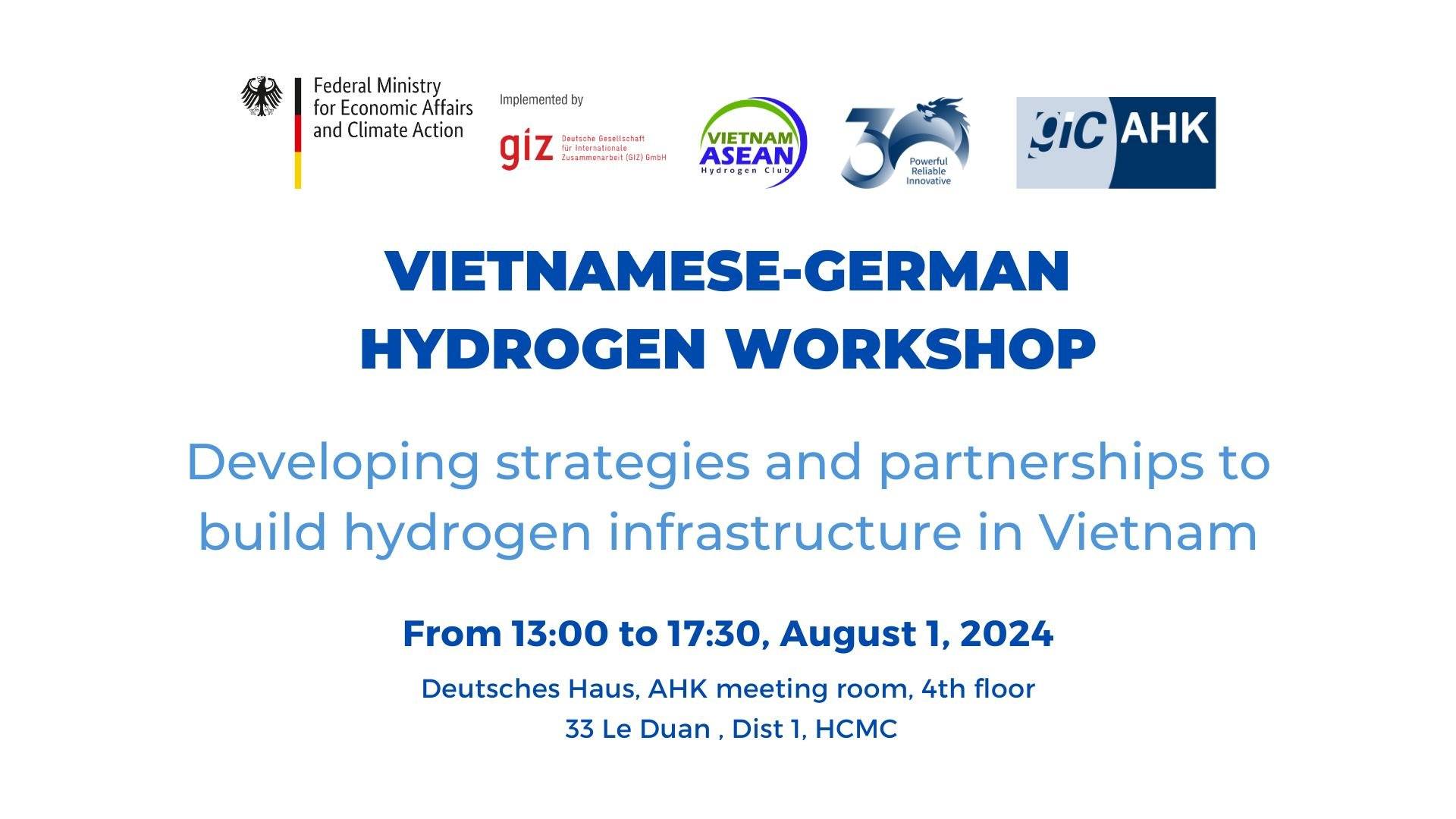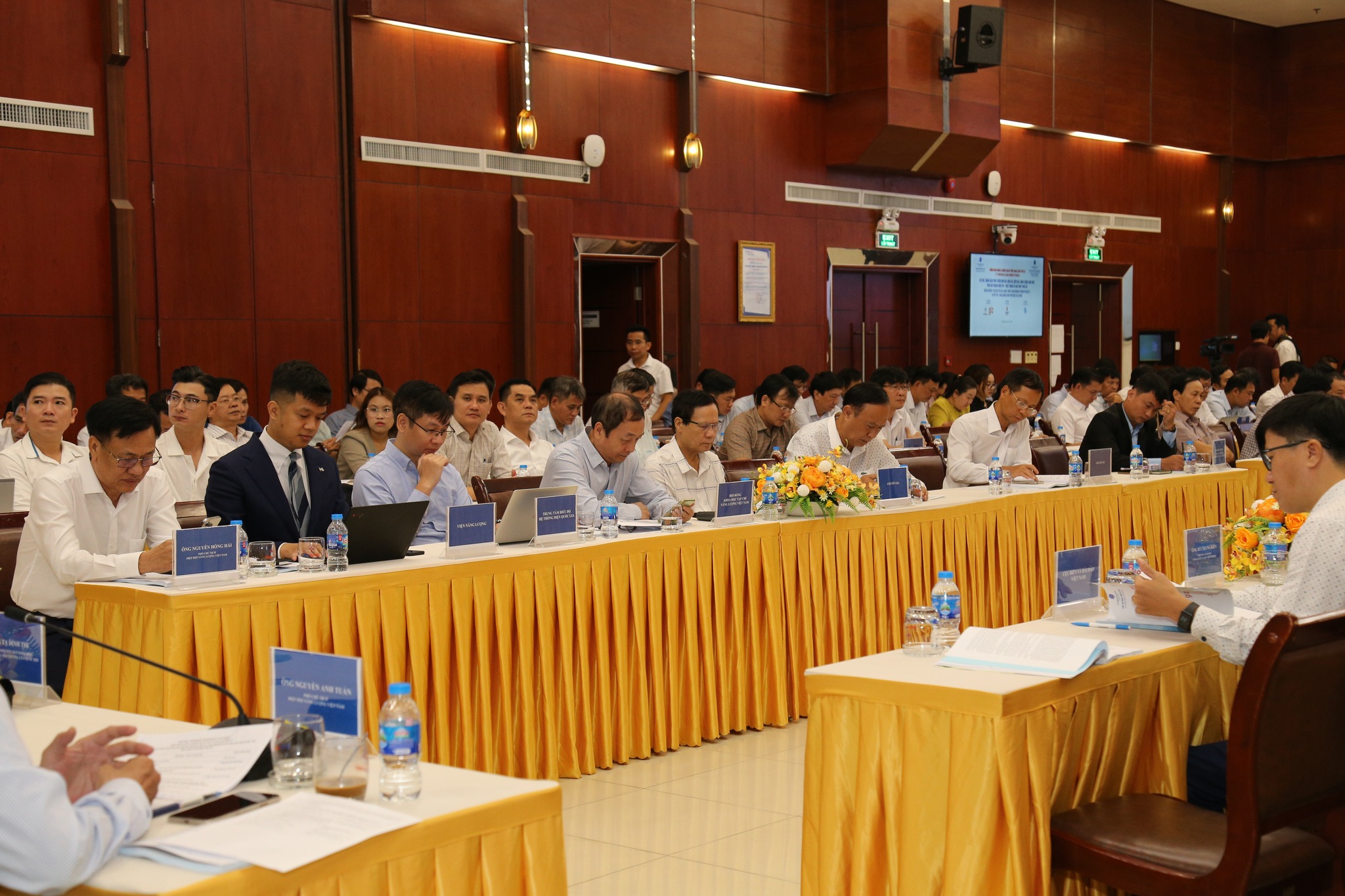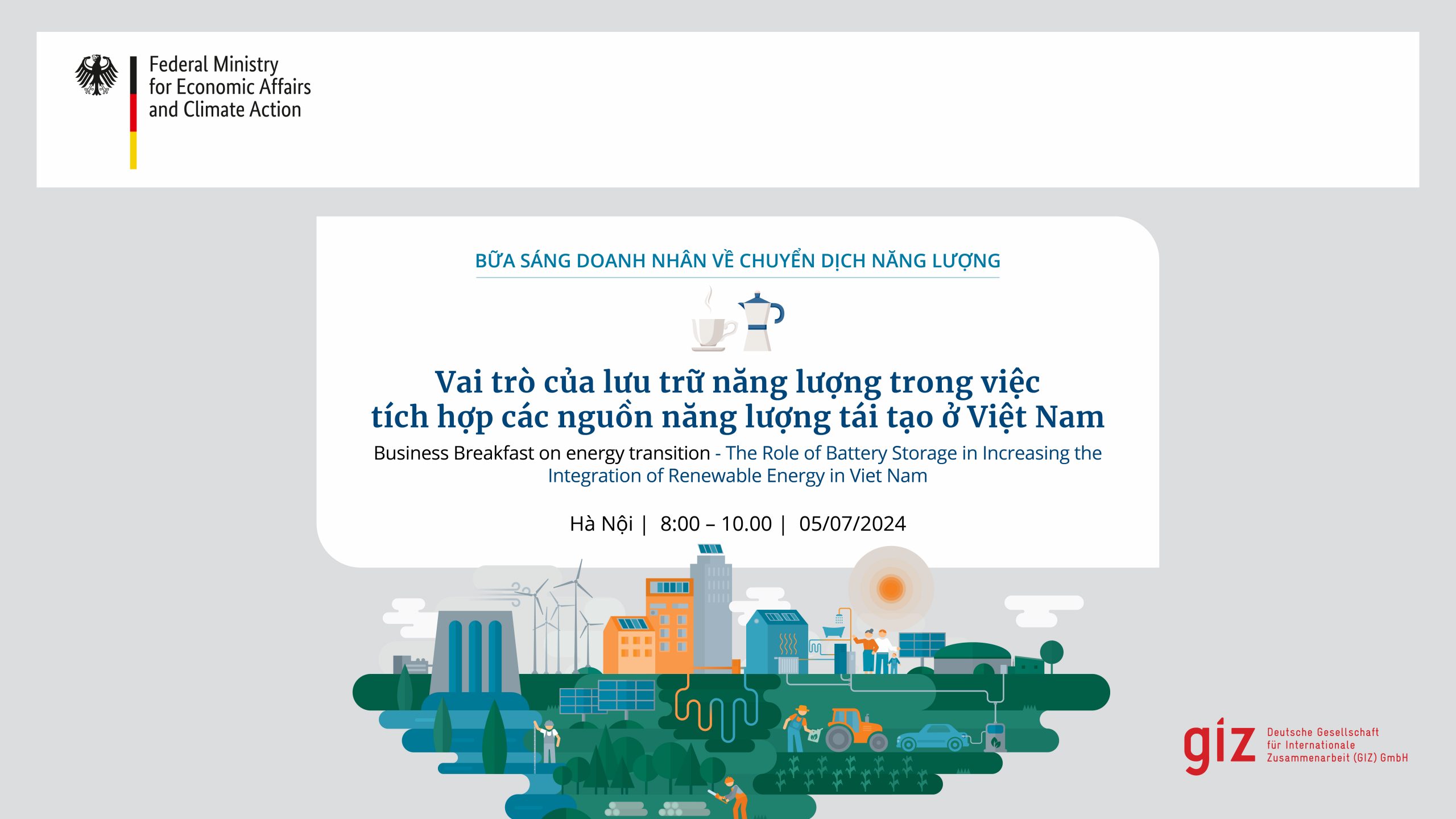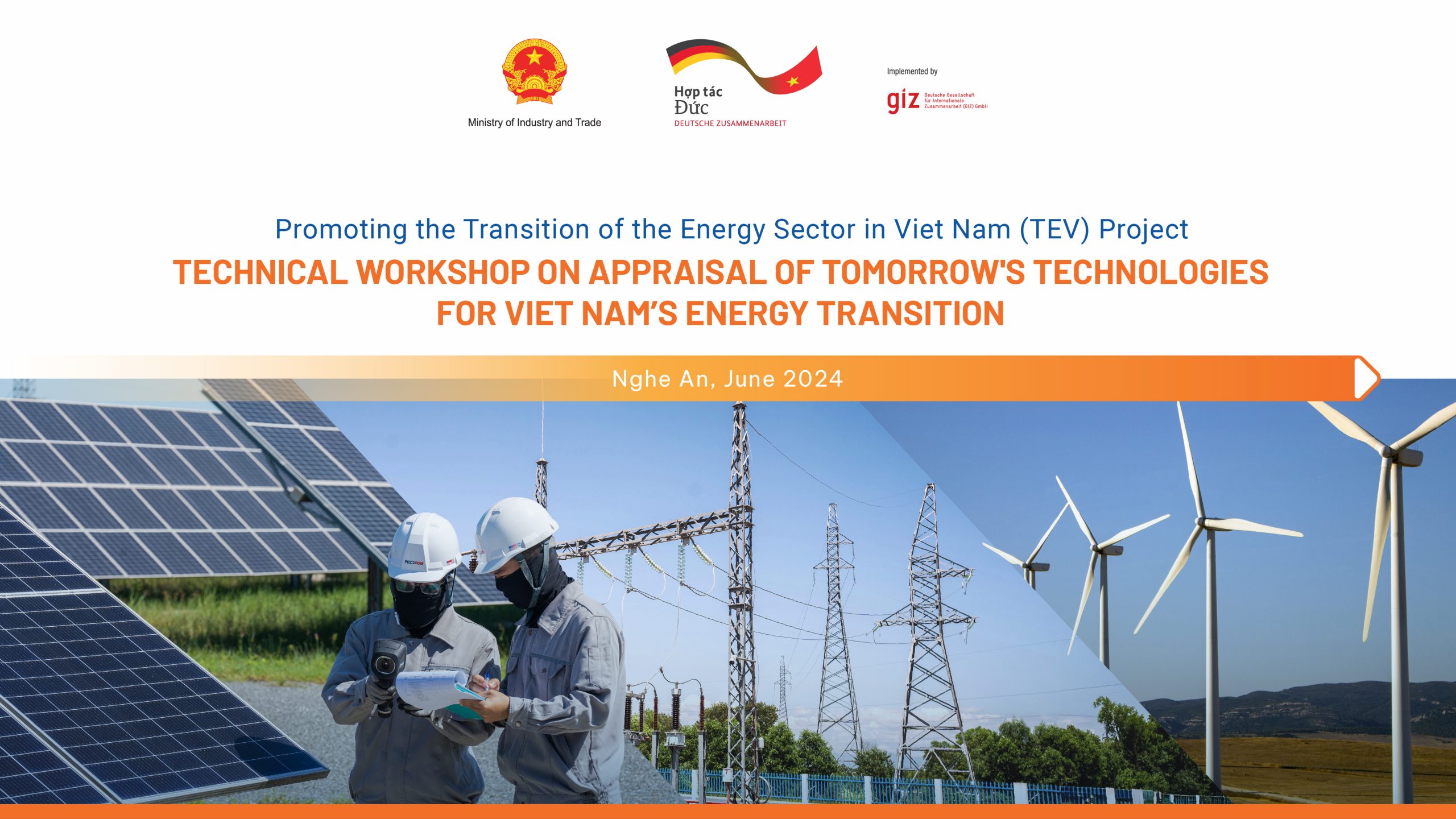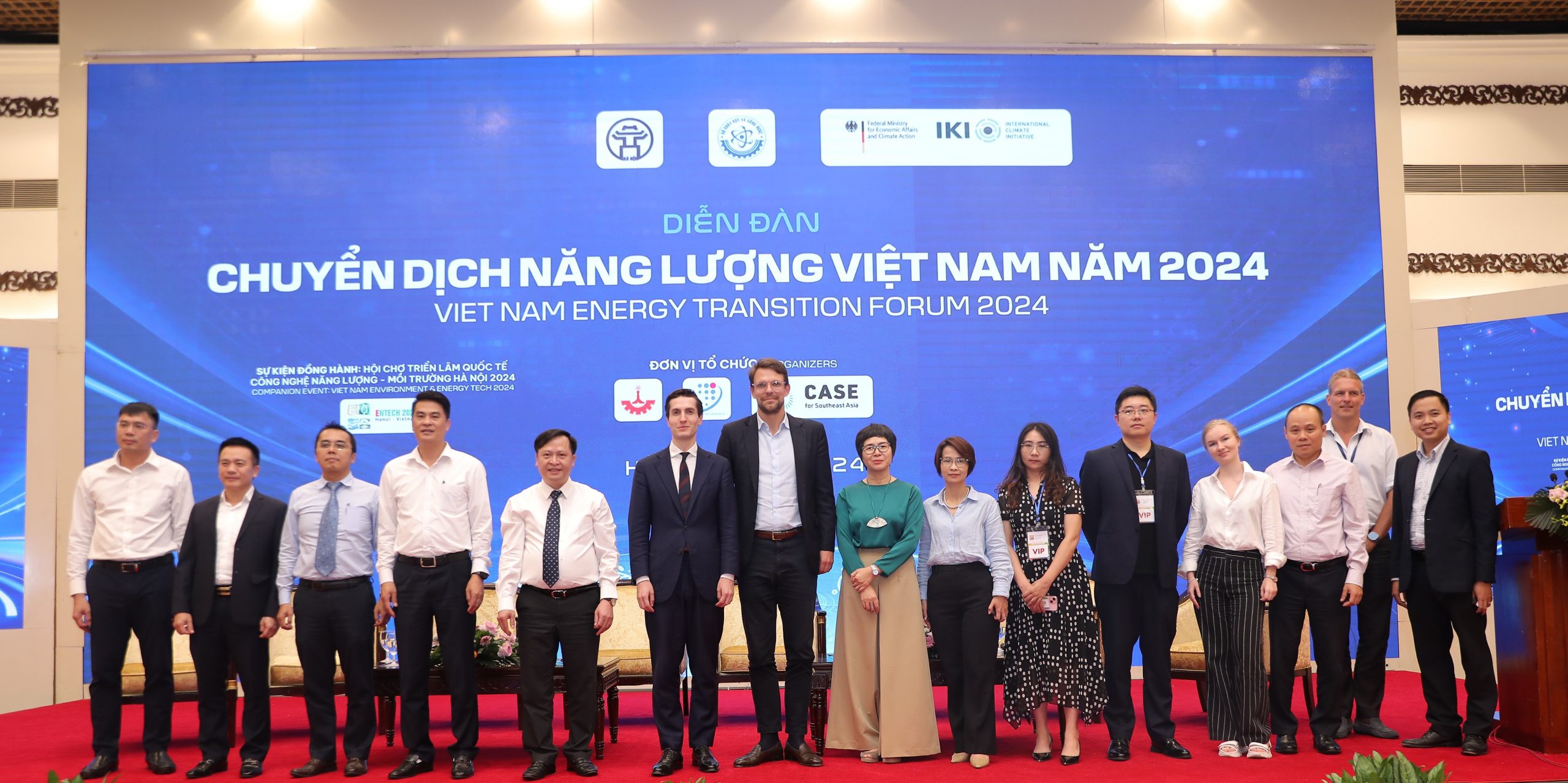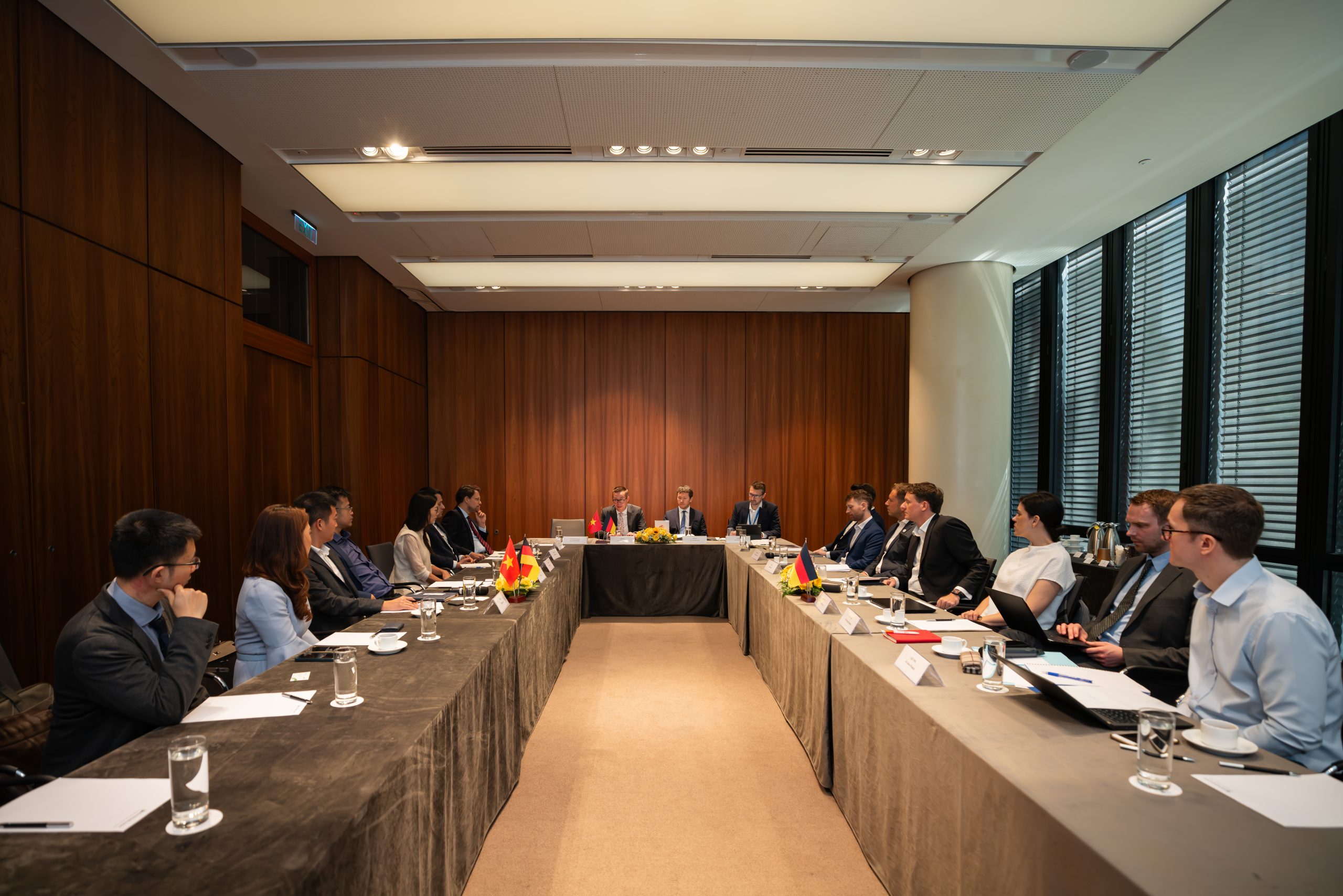Hanoi, 28 February 2022 – The Deutsche Gesellschaft für Internationale Zusammenarbeit (GIZ) GmbH and Decathlon have launched a joint initiative to improve the environmental performance of the garment and textile supply chain in Viet Nam.
Within a memorandum of understanding recently signed, two GIZ projects – ‘Climate Protection through Sustainable Bioenergy Markets in Viet Nam’ (BEM) and ‘Fostering and Advancing Sustainable Business and Responsible Industrial Practices in the Clothing Industry in Asia’ (FABRIC) – will partner with Decathlon Viet Nam to strengthen the company’s suppliers in terms of climate action, water use, energy efficiency and chemical management this year.
The global textile supply chain contributes to climate change through greenhouse gas emissions during garment production, but the industry itself is also impacted by climate change. Current impacts and future risks include disruption of supply chain production and transportation, as well as higher input costs from rising energy and water prices, while at the same time customer- and corporate-demand for climate-friendly products is growing.
Moreover, global commitments and European legislation, among others the German Due Diligence Act that will enter into force in 2023 are increasing the pressure, as they require multinational companies to identify, prevent, mitigate, and account for environmental and social risks along supply chains. As a result, leading brands and manufacturers have set climate and environmental protection targets.
To tackle textile industry challenges in Viet Nam’s supply chain, together with Decathlon, GIZ will provide training to factories. Specifically, the GIZ FABRIC project will offer free e-learning courses, such as Climate Action Training and Chemical Management Training (e-REMC), via the platform www.atingi.org. The FABRIC training tools are a combination of capacity building measures and advisory services to train its brands and suppliers.
The Climate Action Training provides basic knowledge on climate change, greenhouse gas accounting and reduction solutions in the area of energy efficiency and renewable energy, which has been developed in a collaboration with the UN Fashion Industry Charter for Climate Action? and 13 brands, among others Decathlon. ?The Chemical Management Training will support factories to improve and implement sustainable chemical management systems. The distinctive e-learning courses tutored by experts fit well with the learning needs of the factory staff, especially in the time of COVID-19 and result in a cost-effective implementation.
Meanwhile, the GIZ BEM project will join forces with Decathlon to replace coal consumption with sustainable biomass at the latter’s suppliers in Viet Nam. BEM will provide Decathlon with technical guidance towards improving factory boiler efficiency, identify sustainable solutions for biomass supply, open access to biomass markets for factories and map out a practical supply of biomass resources.
He added, ‘These innovative approaches for training will support suppliers to advancing their environmental performance. Thereby, they can position themselves as competitive actors in international supply chains. The learnings from this collaboration will also benefit the sector regionally and globally. GIZ FABRIC will share the learnings with relevant decision makers, support the expansion to other countries, while the digital trainings are already available on Atingi and free to use for everyone.’
Mr. Nathan Moore –Director of GIZ’s BEM Project – said, ‘Our project aims to improve the preconditions for a sustainable use of biomass for electricity and heat generation in Viet Nam. Since 2019, the BEM project has worked with Decathlon Viet Nam to organise a series of activities raising awareness and supporting the green energy transition. Therefore, formalization of this joint initiative by BEM, FABRIC and Decathlon will serve as a springboard for increasing commitments to maximize biomass energy in Viet Nam, contributing to the nation’s sustainable development and climate goals.’
Decathlon in return will provide its suppliers’ factories with the training to increase the use of bioenergy and other renewable energy sources, and support studies on biomass supply chain. With more than 100 suppliers’ factories covering garment, textile, footwear and accessories in Viet Nam, Decathlon will later disseminate the lessons learnt from this partnership with GIZ, especially the company’s experience driving sustainability in its supply chain, to other national and global brands at related forums to multiply the impact.
Mr. Jérémie Piolet – Decathlon Vietnam Sustainability Leader – said, ‘Decathlon is among more than 120 fashion brands and retailers having committed to the principles and targets in the UN Fashion Industry Charter for Climate Action, which provides a global vision for the industry to target of 45% reduction of greenhouse gas emissions by 2030 and net-zero emissions no later than 2050. Working with the BEM and FABRIC projects of GIZ, we hope that we can use 100% biomass for our industrial heat or electricity supply by 2025 and become a trailblazer in sustainable use of biomass in the textile and garment sector.’
The partnership is part of GIZ’s Program for Improvement of Environmental Performance of factories (PIE) in Asia. Under the FABRIC project, GIZ has worked with a variety of brands and expects to expand similar cooperation to other countries with large garment and textile industries, such as Bangladesh and Pakistan.
Viet Nam is a leading supplier of high-quality textiles to global market leaders, but this will impose a heavy burden on the environment if the energy-intensive processes of textile manufacturing continue to be highly dependent on coal and oil. Urged to find a renewable energy source to replace fossil fuels, Viet Nam sees great potential in biomass. The country has abundant biomass resources including post-harvesting and post-processing waste from the agricultural and forestry industries.
————————————————————–
Background information:
- FABRIC project
The Deutsche Gesellschaft für Internationale Zusammenarbeit (GIZ) GmbH is Germany’s leading provider of international cooperation services. As a federal enterprise, GIZ supports the German Federal Ministry for Economic Cooperation and Development (BMZ) in achieving its objectives in the field of international cooperation for sustainable development. GIZ is also engaged in international education work around the globe.
GIZ’s regional project “Fostering and Advancing Sustainable Business and Responsible Industrial Practices in the Clothing Industry” (FABRIC) is addressing sustainability in the textile and garment industry in its social, economic, and environmental dimensions, encompassing a more comprehensive approach on engaging the private sector in project activities. The project is working in Bangladesh, Cambodia, Myanmar, Pakistan, Viet Nam and cooperates with actors in China, supporting the efforts of business representatives, government institutions, civil society, and trade unions to build an industry that offers quality jobs, protects the environment, and contributes to economic growth.
- BEM project
GIZ ‘Climate Protection through Sustainable Bioenergy Markets in Viet Nam’ (BEM) is a bilateral project between the Governments of Germany and Viet Nam. The bioenergy project aims to improve the preconditions for a sustainable use of biomass for electricity and heat generation in the country. The project focuses on the improvement of planning, technical and financial capacities of respective actors in the biomass energy sector in order to realise bankable investment projects in the country.
BEM partners with the Electricity and Renewable Energy Authority (EREA) of the Ministry of Industry and Trade (MOIT). The project is funded by the German Federal Ministry for the Environment, Nature Conservation and Nuclear Safety (BMU).
- Decathlon Viet Nam
Decathlon is a network of innovative retail chains and brands since 1976 from Lille, France, within common purpose on a daily basis: “to make sports accessible to the many”
Today, Decathlon is in 57+ countries on six continents worldwide. Since 2017, Decathlon has been extremely proud to bring sports to the Vietnamese people with products of 70+ sports through e-commerce www.decathlon.vn and our stores in Ho Chi Minh City and Ha Noi.
We strive daily to make sport a source of pleasure for everyone.



